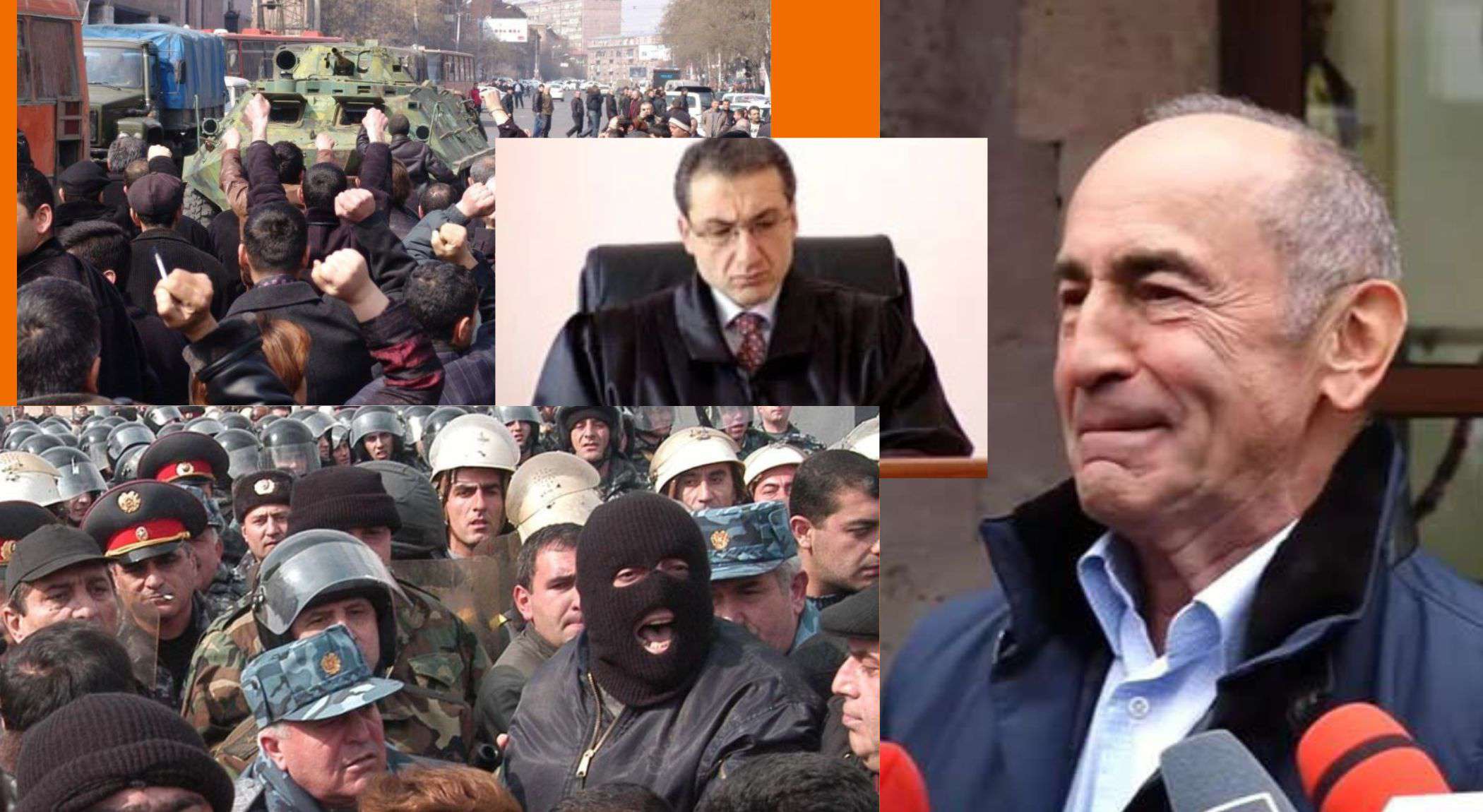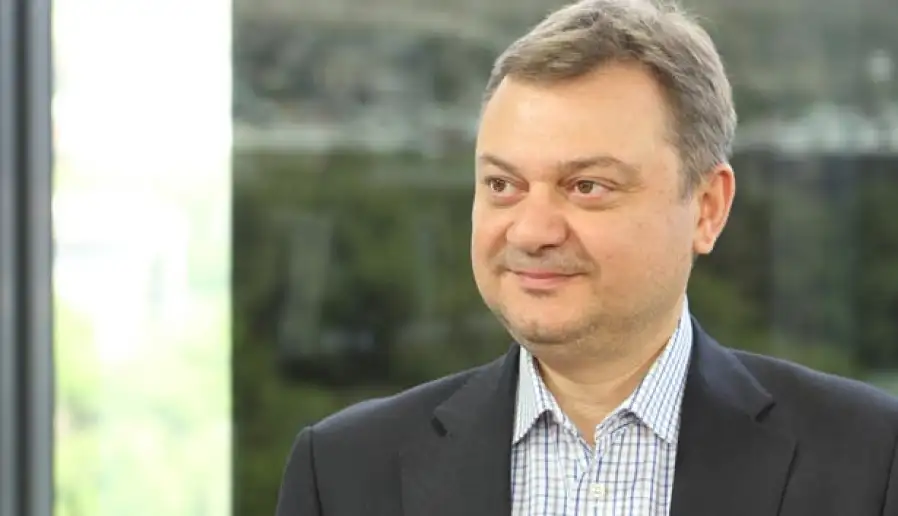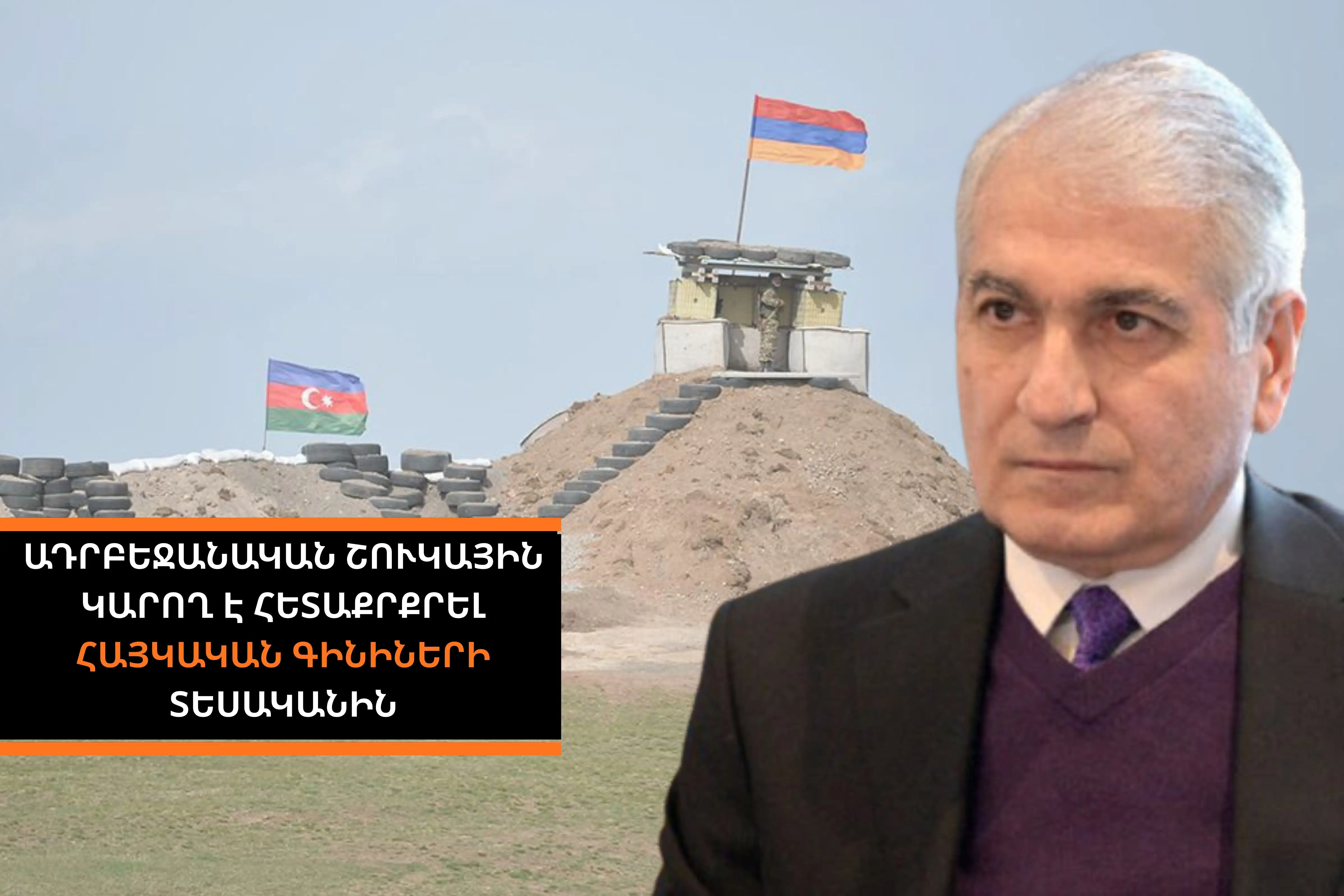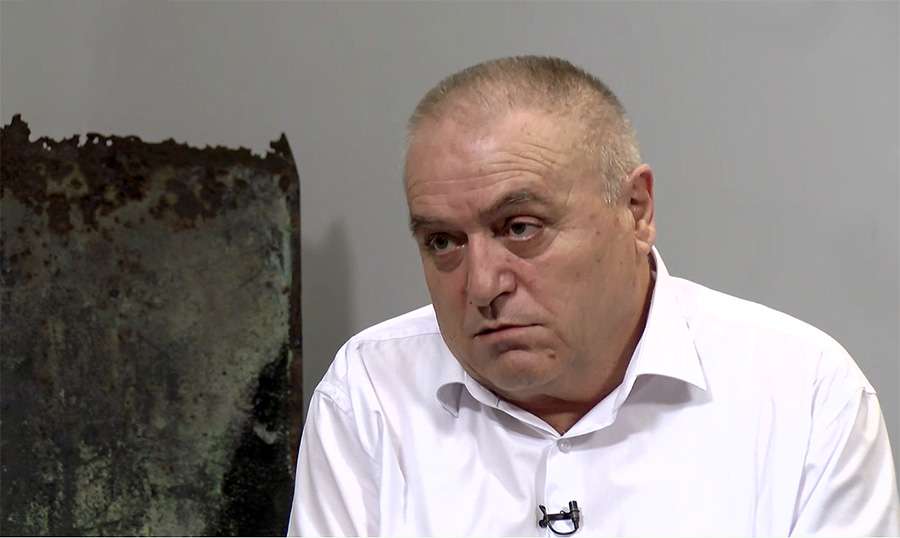Robert Kocharyan was in his role yesterday.
First, he showed a demonstrative contemptuous attitude when he sat with headphones on and looked at something on the phone during the motion to bring charges in the March 1 case. Later, in a briefing with journalists, he confirmed that he did it intentionally. "Have you heard that fairy tale?" I had my headphones on, so I wouldn't hear that nonsense. I didn't listen to it; I don't want to delve into legal issues."
Naturally, I have no remorse for the events of March 1 and no regrets. He only told journalists that it was "unpleasant" for him that such incidents occurred at the end of his tenure. But he tried to blame the crime on the opposition of that time, saying that "that question should be asked to the people who provoked those clashes."
And again, the same story that was told 16 years ago about the protesters allegedly shooting at the police was heard.
True, this time, he did not talk about "getting out from behind the car, shooting and hiding," but he said in general that: "Many videos are circulating about how they also shoot from among the protesters with automatic weapons at the police lines."
Of course, after all this, one question. It is surprising that during his and Serzh Sargsyan's tenures, no protester was found who fired a rifle at the police, no one was charged, and no one was convicted. It didn't happen because nothing like that had happened, because it's tough to look for a black cat in a dark room, especially if it's not there. Otherwise, does anyone doubt that if such an incident had occurred, the culprit would not only have been identified, but the authorities would not have hesitated to turn the incident into a banner, beat the drums from morning to night, and present the protesters as armed gangs?
Instead, if you remember, on March 1, 10 protesters were killed; among them, there were also those who died from face-to-face shooting. It was also revealed that there were snipers on the buildings on Paronyan and Leo streets that day.
Another remarkable episode from yesterday's briefing: When asked whether he did not send "SMS to judges" or whether there was "call justice" during his term of office, Robert Kocharyan repeated the word "never" several times. "Never. All these things you see are statements about crimes that have already become public."
Maybe Kocharyan didn't write an SMS or call personally, but all that was done was mediated. In one case, there is even a specific name: Kocharyan's chief of staff, Armen Gevorgyan.
Do you remember the revelations of WikiLeaks, when in 2008, the Judge of the Supreme Court Valeri Poghosyan, After March 1, met with the US ambassador and told that he personally and some of his colleagues were under pressure from the presidency? Poghosyan said that on March 4, the day before the hearing of Levon Ter-Petrosyan's complaint, he called him and demanded to appear at the presidential residence, who acted on behalf of the head of the presidential staff, Armen Gevorgyan. He also said that other members of the CC went to the presidency; besides, the presidency threatened to fire his brother, who also works there, if he could not convince Poghosyan to appear.
Another case. Robert Kocharyan's decree terminated 2007 judge Pargev Ohanyan's powers. This is after the prison, when, against the authorities' wishes, Ohanyan made an acquittal verdict against the managers of the "Royal Armenia" company, who claimed that the Customs Service was corrupt.
During Kocharyan's reign, such an atmosphere was created that there was no need to call, text, urge, or request. Everyone knew what they had to do and what would happen to them if they suddenly deviated from the game's rules. It is true that, as a result of this, Armenia lost dozens and hundreds of cases in the ECHR, verdicts and judgments were annulled, and enormous sums were given from the budget as compensation, but they were not interested in this.
Arman Galoyan


















